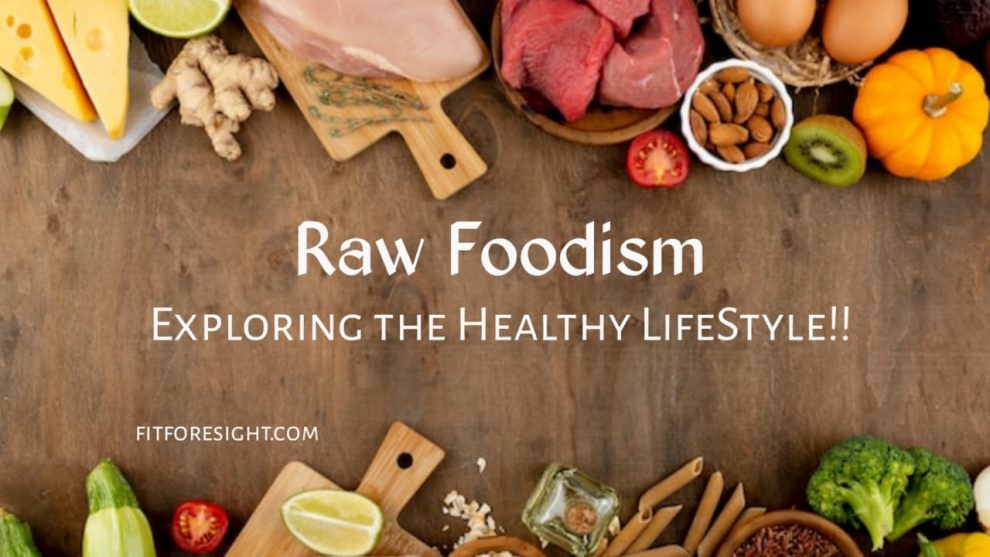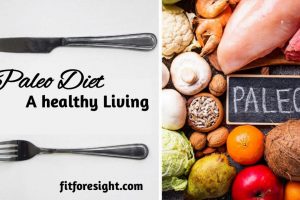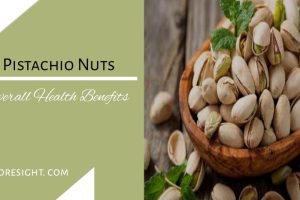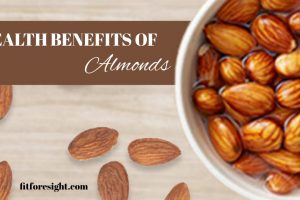In an age where processed and fast foods dominate our daily diets, the concept of raw foodism stands as a refreshing and health-conscious alternative. Raw foodism, also known as raw veganism or raw food diet, is not just a diet but a lifestyle choice that emphasizes the consumption of unprocessed, uncooked, and predominantly plant-based foods. In this article, we will delve into the principles, health benefits, and challenges associated with raw foodism, shedding light on its growing popularity in recent years.
The Principles of Raw Foodism
At its core, raw foodism advocates for the consumption of foods in their natural, unaltered state. This primarily includes fruits, vegetables, nuts, seeds, and sprouted grains. The philosophy behind this lifestyle is that cooking or processing foods above a certain temperature (usually around 104°F or 40°C) can destroy vital enzymes, nutrients, and phytochemicals, thereby diminishing their nutritional value.
Health Benefits of Raw Foodism
- Increased Nutrient Intake: One of the key benefits of raw foodism is the consumption of nutrient-dense foods in their natural state. Raw fruits and vegetables are rich in vitamins, minerals, and antioxidants that play a crucial role in promoting overall health.
- Weight Management: Many proponents of raw foodism report weight loss and improved weight management. This is often attributed to the consumption of low-calorie, high-fiber foods that can help control appetite.
- Improved Digestion: Raw foods are easier for the body to digest, which can lead to reduced bloating, gas, and indigestion. The natural enzymes in raw foods may also aid in digestion.
- Enhanced Energy Levels: Advocates claim increased energy levels and improved mental clarity as a result of raw food consumption. This may be attributed to the elimination of processed foods that can lead to energy crashes.
- Lower Risk of Chronic Diseases: A raw food diet is associated with a reduced risk of chronic diseases, including heart disease, diabetes, and certain cancers. Antioxidants and phytonutrients in raw foods help protect cells from damage.
Challenges of Raw Foodism
While raw foodism offers numerous health benefits, it also presents challenges that individuals need to consider:
- Nutritional Balance: Achieving a balanced diet on raw foodism can be challenging, as certain nutrients, such as vitamin B12 and iron, are primarily found in animal products or are less bioavailable in raw plant-based foods.
- Food Safety: Handling raw foods can increase the risk of foodborne illnesses. Proper food safety measures are essential to prevent contamination.
- Social and Lifestyle Impact: Maintaining a raw food diet can be socially isolating and may require significant adjustments to one’s lifestyle, including meal planning and preparation.
- Digestive Sensitivity: Some individuals may experience digestive issues when transitioning to a raw food diet, as the higher fiber content can be tough on the digestive system initially.
Raw foodism is more than just a diet; it’s a lifestyle that promotes the consumption of nutrient-rich, unprocessed foods in their natural state. While it offers various health benefits, including increased nutrient intake, weight management, improved digestion, and reduced risk of chronic diseases, it also presents challenges related to nutritional balance, food safety, and social adjustments. Whether you choose to embrace raw foodism fully or incorporate more raw foods into your diet, it’s essential to do so mindfully, considering your individual health needs and preferences.

























Add Comment